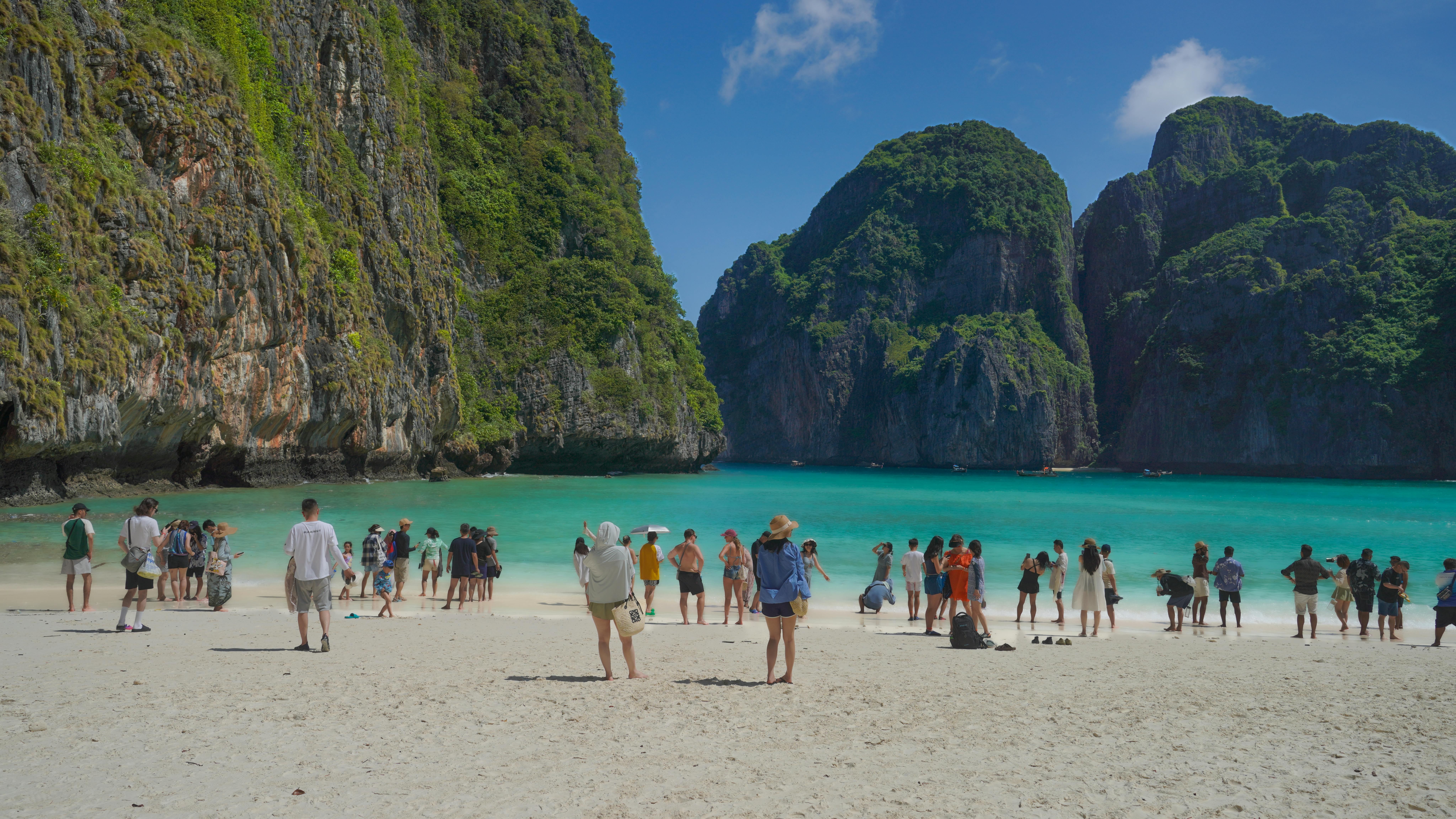
【Case Study】Thailand’s Environmental Education Achievements – Written by Fuangarun Preededilok, Advisor from Thailand
The Asia-Pacific Regional Center for the Global Environmental Education Partnership (GEEP APRC) proudly promotes the initiative “Fostering Green Consumption Through Teacher Education”, which emphasizes the vital role of education in shaping sustainable lifestyles and empowers teachers as key catalysts for long-term change.
Background: Education for Sustainability
From climate change to unsustainable consumption patterns, today’s environmental challenges demand urgent action. Education lies at the heart of the response—not only equipping learners with knowledge but also fostering motivation, values, and agency to act responsibly in protecting the planet. According to the Department of Environmental Quality Promotion (DEQP, 2017) in Thailand, effective environmental education inspires citizens to build good habits, take proactive action, and avoid apathy in the face of pressing ecological problems.
At the global level, SDG 4.7 provides a roadmap, underscoring that by 2030 all learners should acquire the knowledge and skills necessary to promote sustainable development. This includes Education for Sustainable Development (ESD), sustainable lifestyles, human rights, gender equality, a culture of peace, and global citizenship. To achieve this, countries are called to mainstream SDG 4.7 into national education policies, curricula, teacher education, student assessment, and monitoring systems. Doing so not only develops students’ competencies for sustainability but also ensures that teachers are well-prepared to lead transformative educational practices.
Teacher Education: The Driving Force of Change
Teachers play a pivotal role—not merely as conveyors of knowledge but also as role models and influencers of values and behavior. Promoting green consumption and sustainable development must therefore begin with teachers, through curriculum reform, experiential learning, and professional development that strengthen their capacities.
Drawing on UNESCO’s frameworks (2017, 2018), the core competencies for sustainable development include systems thinking, anticipatory skills, collaboration, critical thinking, and integrated problem-solving. When such competencies are embedded in teacher education, future educators are empowered to equip students to become responsible citizens capable of tackling complex sustainability challenges.
Education for Sustainable Development must adopt a holistic approach that integrates cognitive, emotional, and behavioral dimensions. Teachers, students, and communities together become agents of change, creating ripple effects of sustainable practice that extend far beyond the classroom.
Innovative Approaches in Practice
This initiative highlights a wide range of innovative teaching strategies that bridge theory and practice:
-
Interactive learning tools: Platforms such as Kahoot, Padlet, and Mentimeter enhance engagement and participation.
-
Experiential activities: Tools like problem tree analysis, workshops, research projects, and carbon footprint assessments connect individual actions to global challenges.
-
Ecological initiatives: Programs such as Chula Zero Waste and green school projects demonstrate how institutions can embed sustainability into daily operations.
-
Community engagement: Off-campus visits, community projects, and SDG-based games raise awareness of local and global sustainability efforts.
-
Student-led innovation: Posters, academic services, and creative outputs showcase how young learners contribute meaningfully to a sustainable future.
These approaches embody the essence of transformative education—going beyond rote knowledge to cultivate values, agency, and lasting behavioral change.
Expanding Impact: Beyond the Classroom
The initiative recognizes education as a collective force for good, extending its influence to diverse audiences. Beyond workshops for local administrative organizations and basic education committees—which help embed sustainability principles into policy and practice—courses have also been introduced at institutions such as the Chulachomklao Royal Military Academy (CRMA). These efforts highlight how sustainability and green consumption transcend sectors and hold critical importance for national development and social well-being.
Looking Ahead
Teacher education is not only a pathway toward “green schools” but also a cornerstone for building “green societies.” When educators are equipped with the knowledge, skills, and values of sustainable development, we are investing in future generations—enabling them to carry forward the mission of creating a fair, resilient, and sustainable world.
